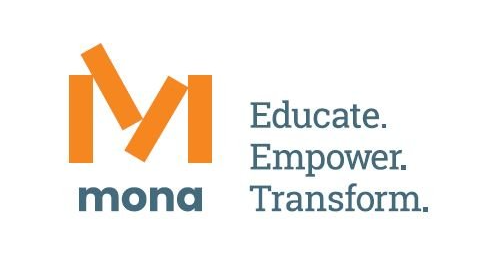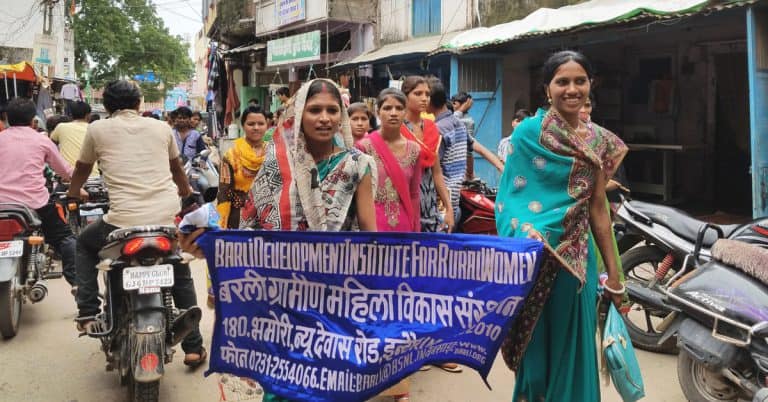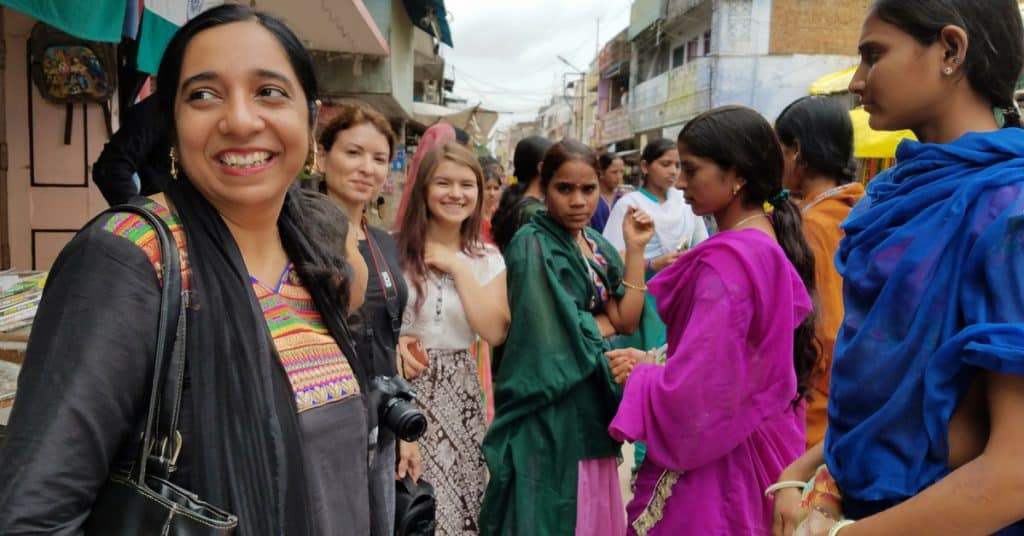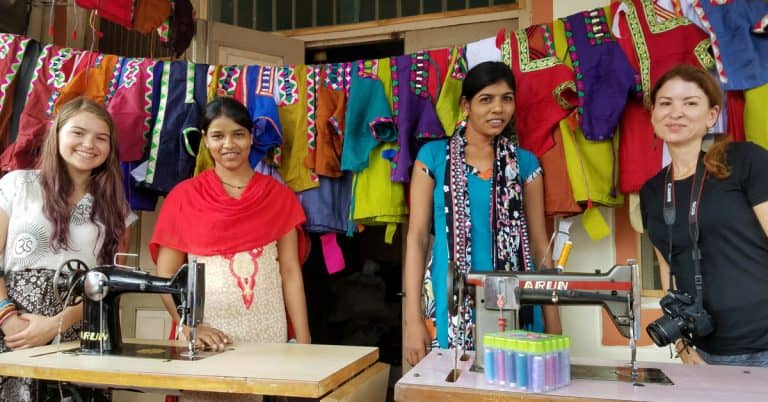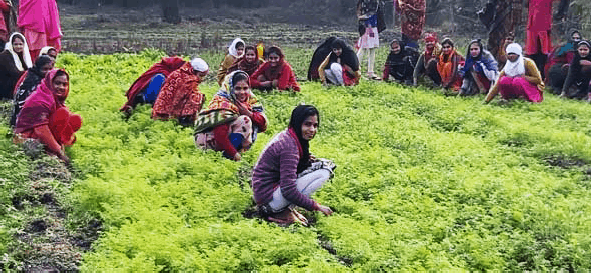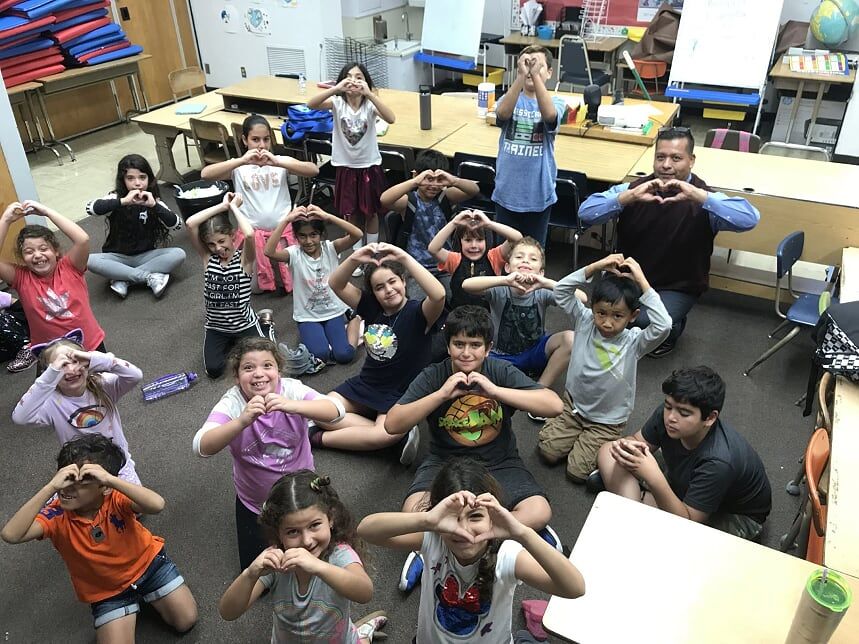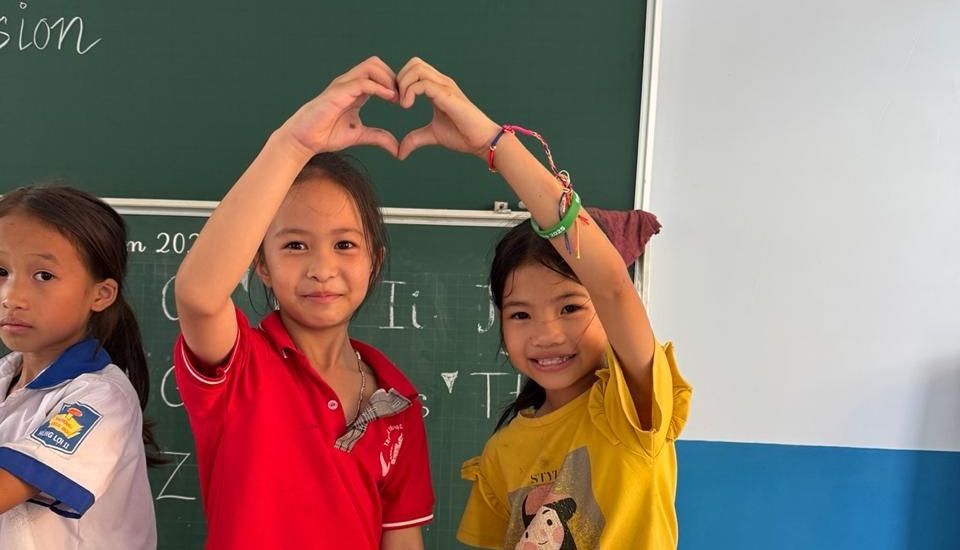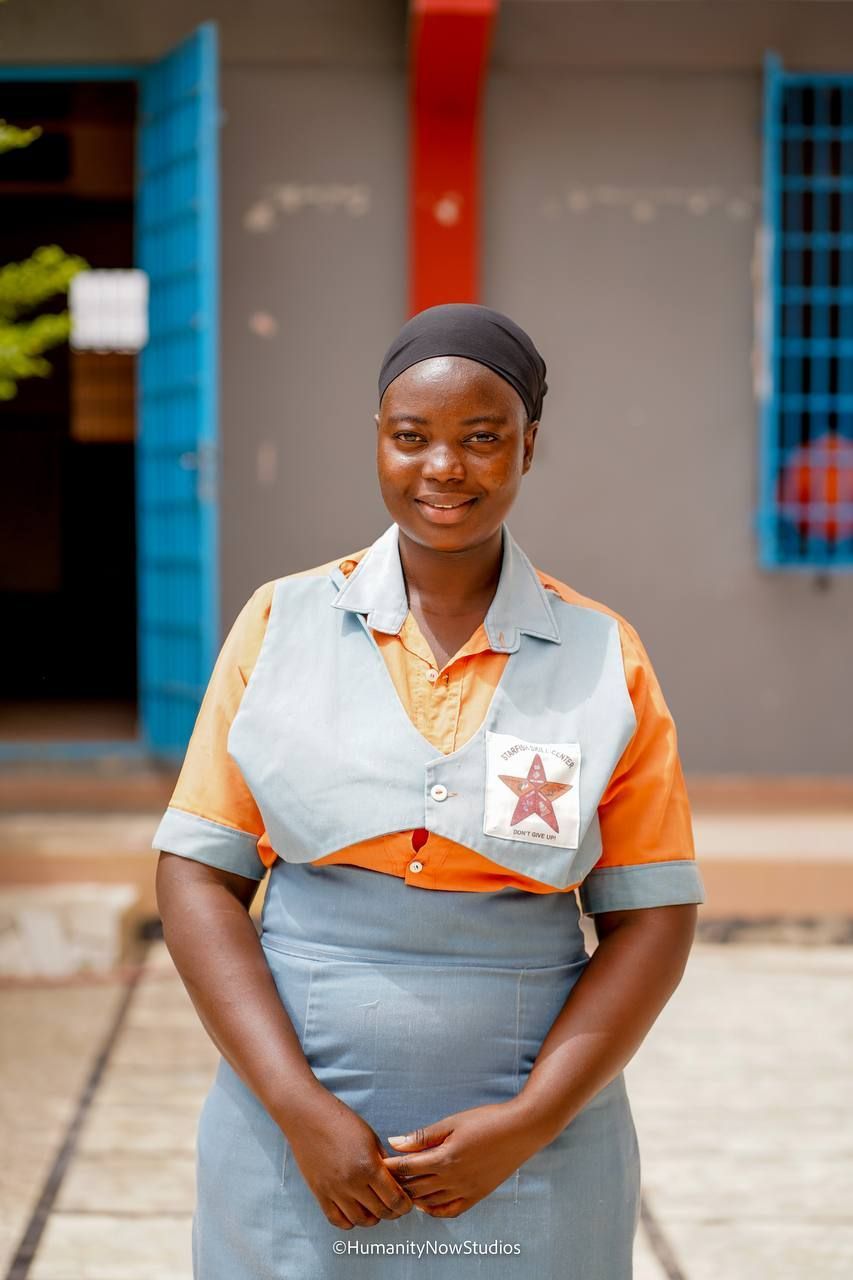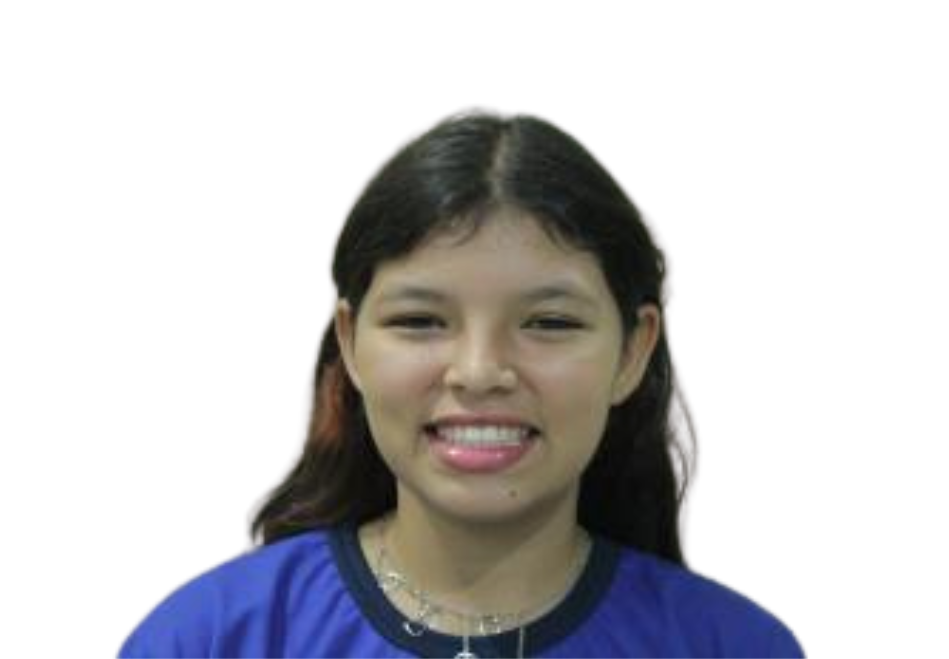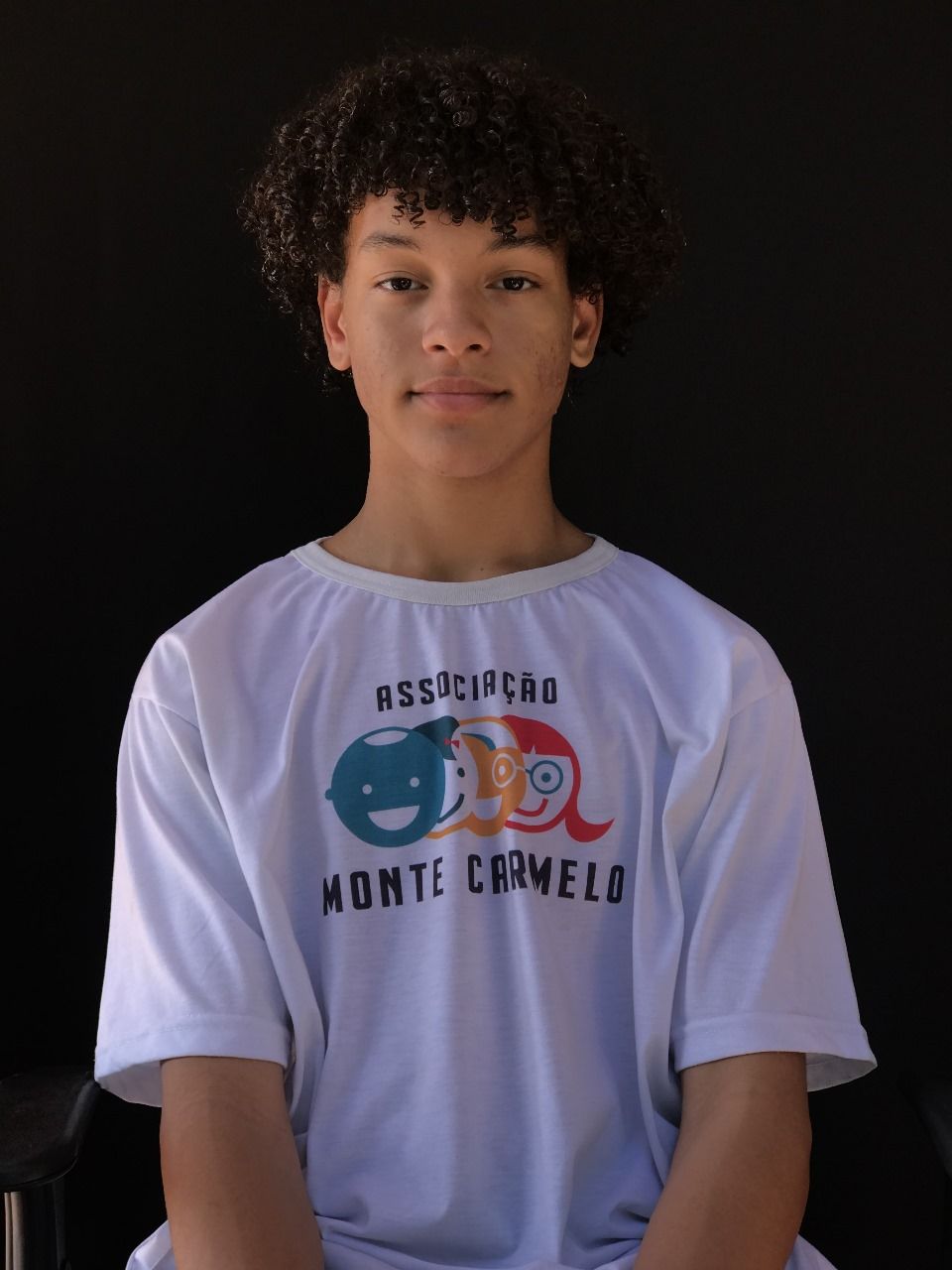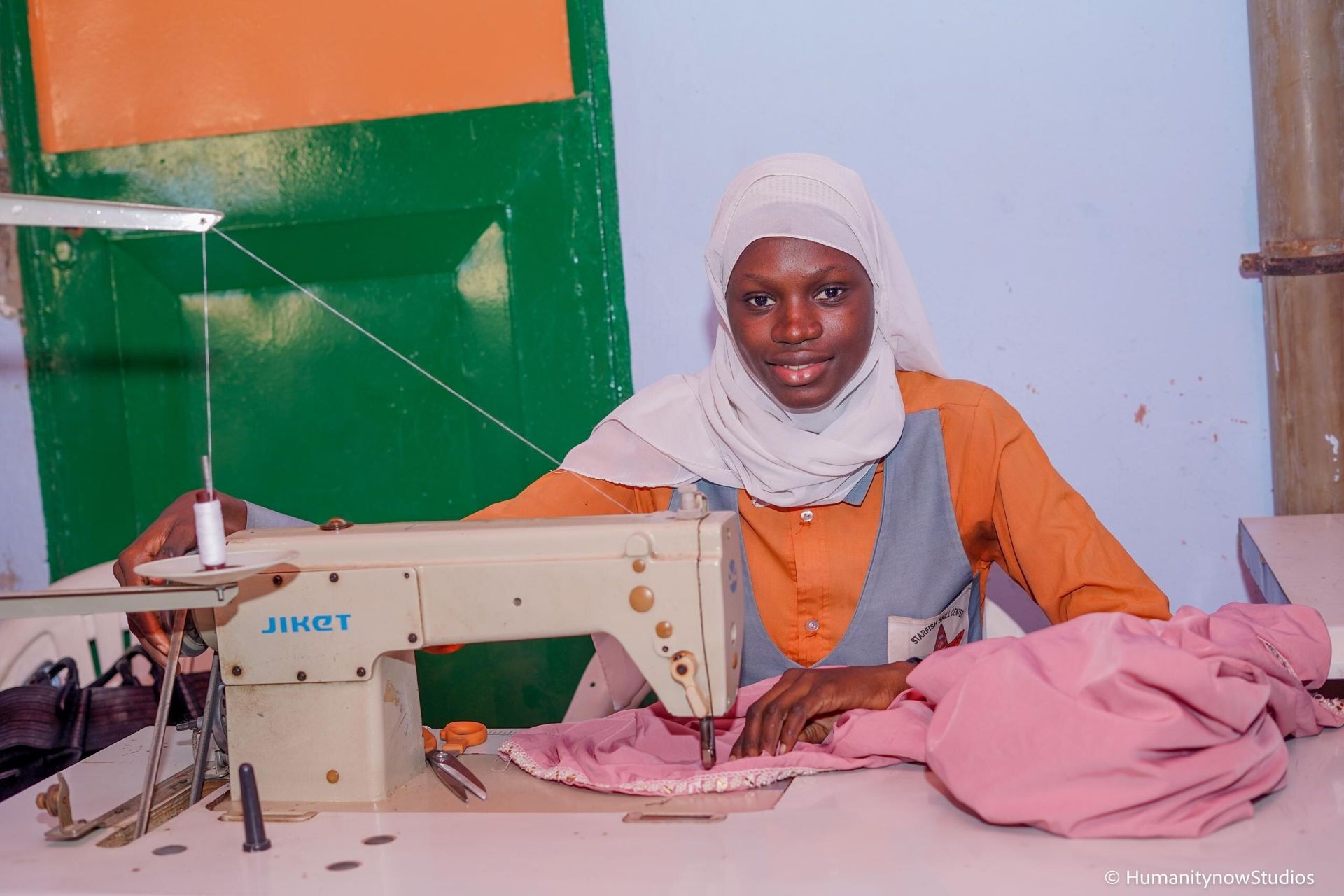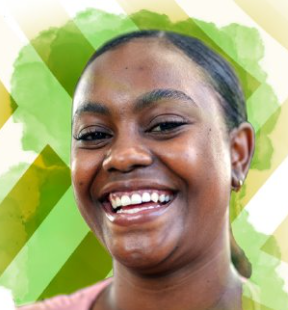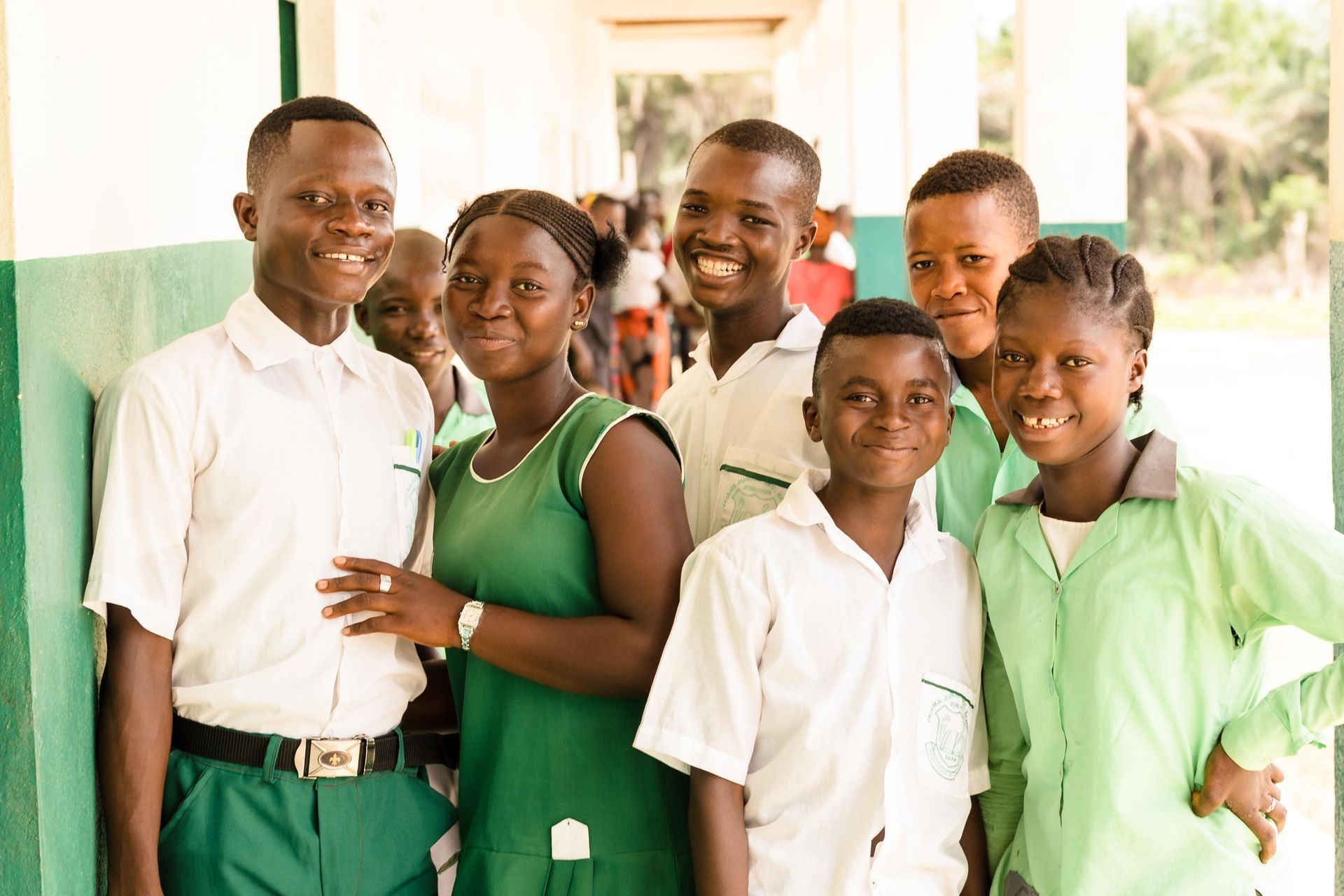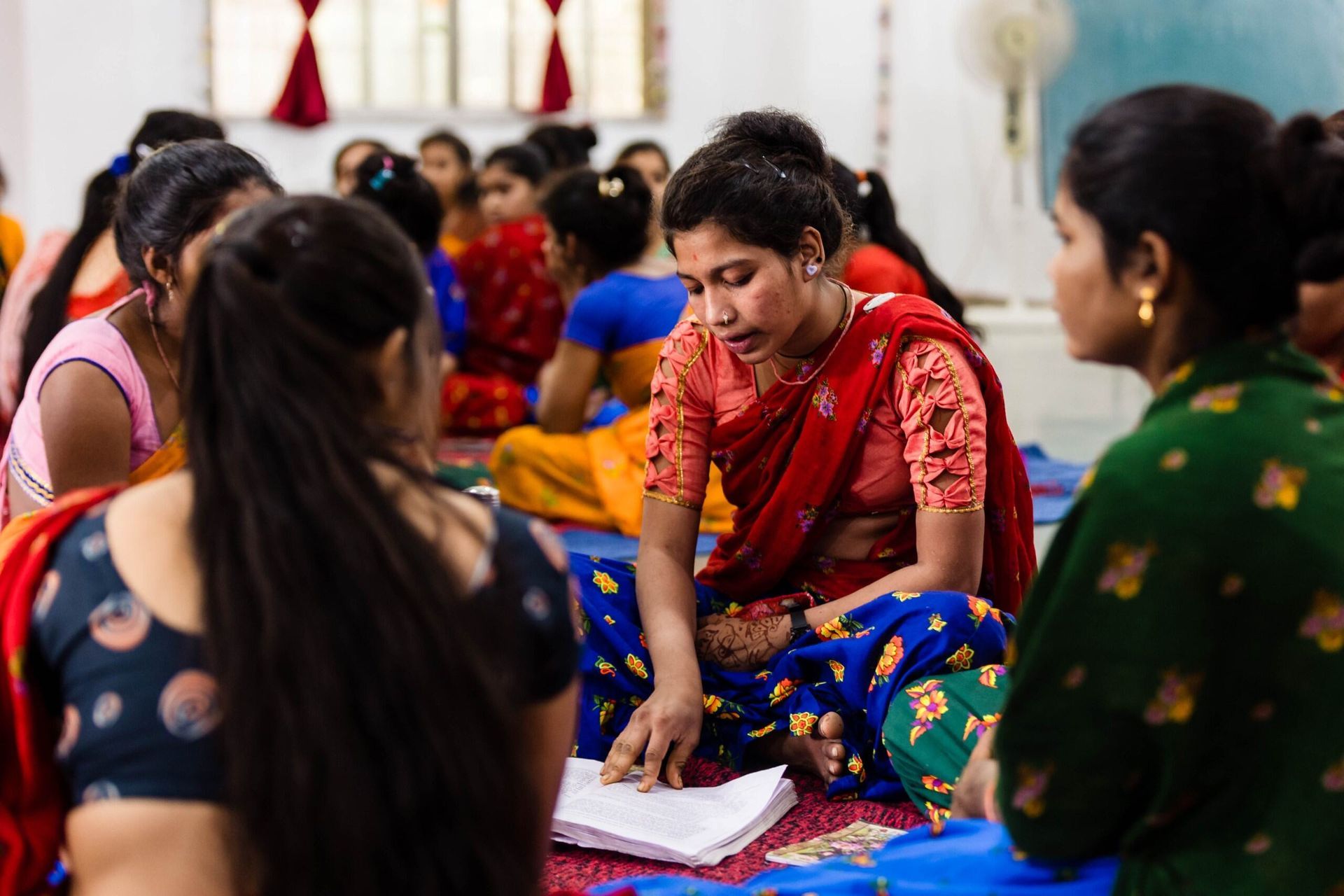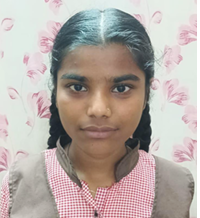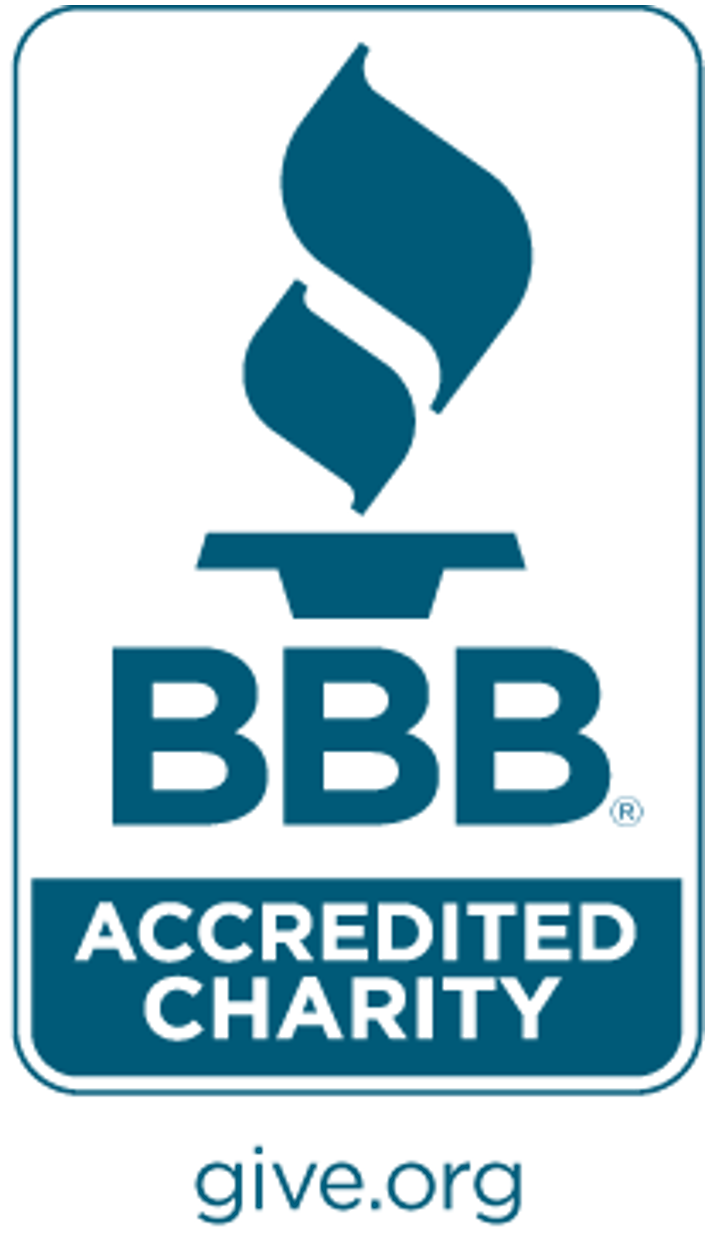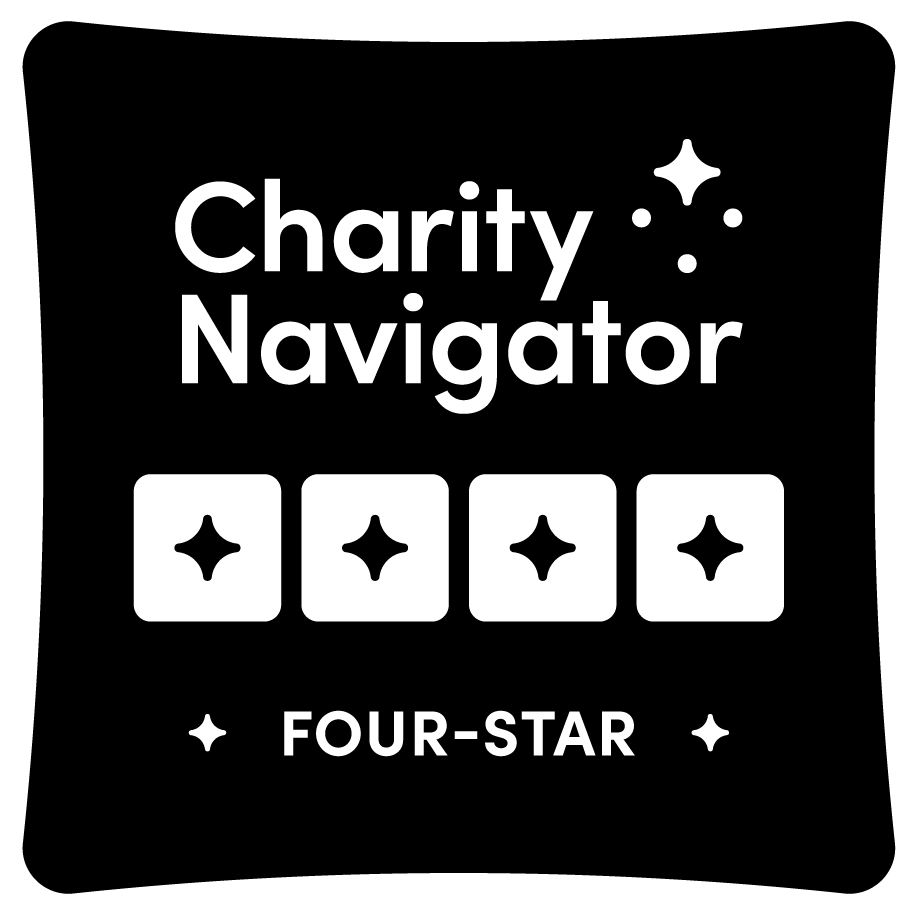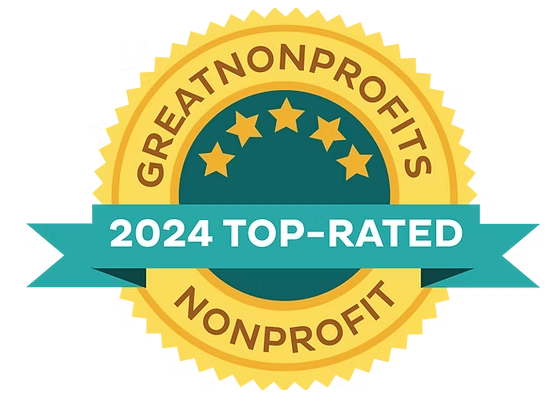Change the World? Empower Girls and Women!
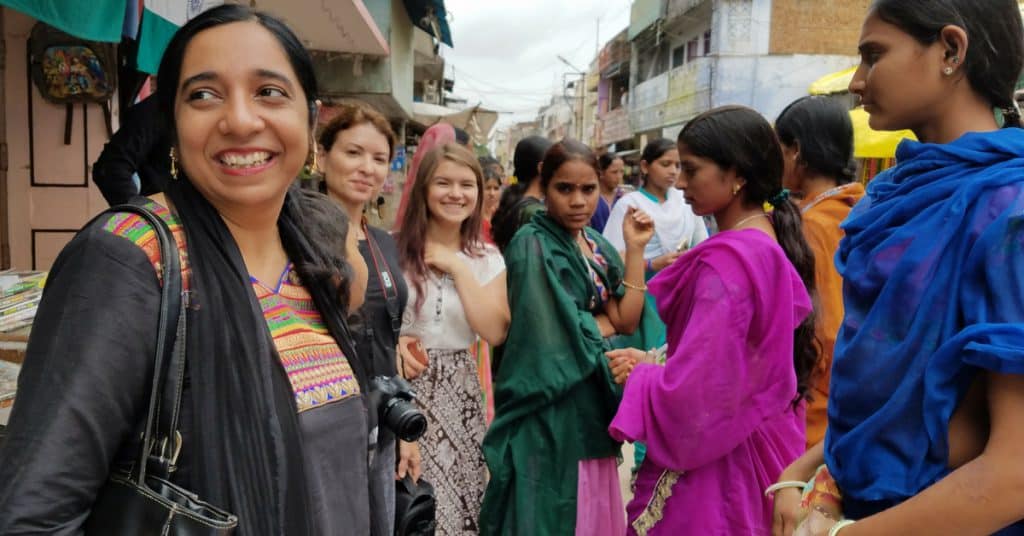
Girls’ education may well be the highest return investment available in the developing world. – Lawrence Summers, Former World Bank Chief Economist
It is one thing to read about the impact that educating girls and women can have on whole communities. It is quite another to see it with your own eyes. I have been fortunate to have that experience when visiting several of our partner projects. The most memorable experience that I have had in the field with Mona was in the summer of 2016, when my (then) fifteen-year-old daughter and I visited the Barli Institute for the Development of Rural Women in Indore, India. The Barli Institute serves women and girls (ages 13-21) from the lowest castes in some of the most remote villages in the region. The program at Barli is a six-month residential program that teaches literacy skills, organic farming, solar cooking, health and hygiene, and entrepreneurial skills like sewing. At the completion of the program, 100 percent of graduates pass the state literacy exam as well as the state sewing exam.
When I first read about Barli, and even when I visited the program and its facilities, I have to admit that I mostly focused on its academic outcomes. I could also see the value of teaching farming and hygiene, but why teach sewing? It was not until we visited one of the young women’s villages that it became clear why teaching these entrepreneurial skills is not just important — it really is the key to the success of the program.
It took us about five hours to get to the remote village, with nothing along the way but tiny clusters of makeshift shelters or shacks, the occasional small farm, animals of all kinds, and a few people here and there walking along the road or riding in carts pulled by donkeys. We met up with the young women from the school at the main market — a thriving metropolis in comparison to the area around it. Makeshift shops (one room structures with three walls and a roof) lined the streets, but more common were vendors right out on the street selling fruit, nuts, spices and whatever else they had that someone might want to buy. Cattle and other livestock also roamed the streets, as did a variety of other stray animals.
I had read that the literacy rate in the area was only 37%, and that the percentage was far lower for girls and women. Driving into the village, we saw nothing but extreme poverty everywhere we looked. Between that and the fact that we were probably the first Westerners that many of the people in the village had ever seen, I wasn’t quite sure what to expect when we stepped out of the comfort of our air-conditioned vehicle. Little did I know that what we experienced next would change my life forever.
The young women met us in the middle of the street with a huge banner bearing the name of their school. This made me even more nervous as I knew that educating girls and women was controversial, particularly in rural villages. To my surprise, though, from the moment we stepped out on to the street until the moment we returned to our vehicle hours later, the whole community welcomed us with open arms.
The young women proceeded to march down the street, banner in hand, showing us the store fronts in which each of them had started their own sewing businesses. The Executive Director of the Barli Institute explained to us that in the past, the property owners would never have leased the space to these young women to open their stores, but because their businesses were so profitable, the store owners could not turn them away. As a result, the whole community had begun to understand the value of educating girls. It was because of what the school had done for the community economically, and the longstanding trust that the school had built, that the students were able to parade down the street celebrating their education, and the village was so welcoming of our group.
At the end of the day, we sat down with the graduates of the program to talk about what they were doing with their earnings. Some were putting their husbands and/or younger siblings to school; a few had purchased mopeds for their husbands to enable them to go to work or school; and a group of young women had started their own micro-finance fund. Most significantly, every single one of these young women was giving back to the community in some way. It was amazing to witness. In fact, it still gives me goosebumps to think about the difference this one small program is making for this whole community simply by educating and empowering girls and women.
It is even more inspiring to imagine how a thousand or ten thousand or a hundred thousand Barli Institutes could truly change the world.
We can do it together!
Thank you,
Kim Clark, Mona Board Member
